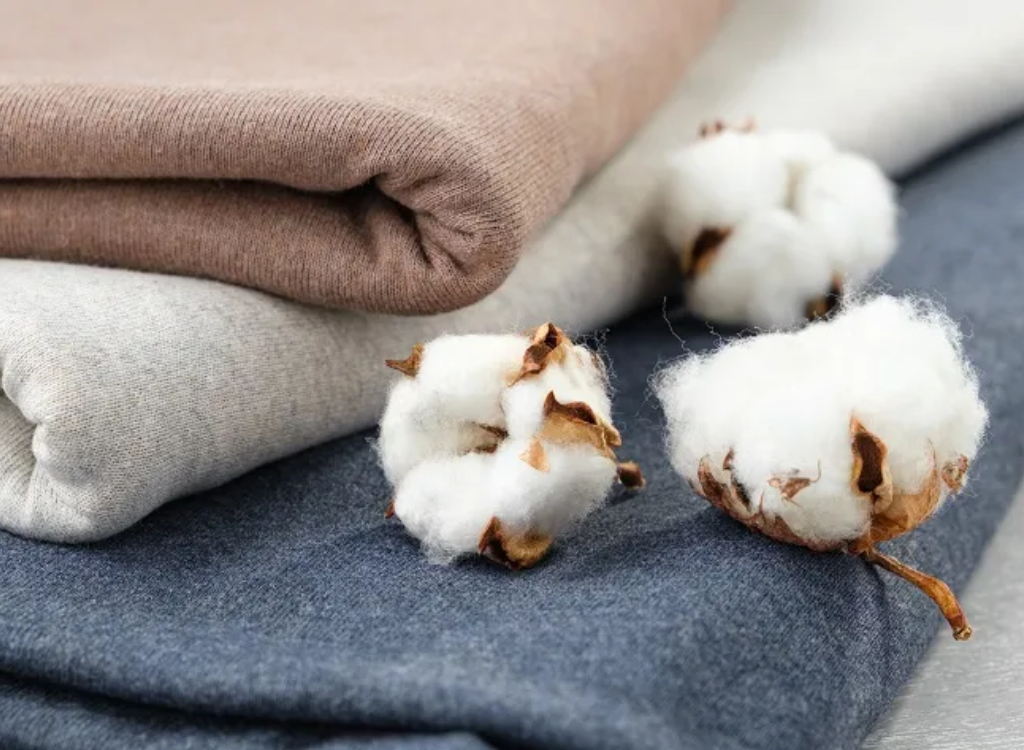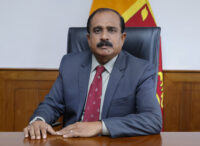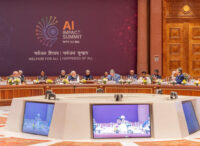UK waste management and recycling company MYGroup is launching a sustainable textile initiative in Sri Lanka which aims to reintroduce cotton growing in the country for the first time since the 1970s.
As part of a broader effort to create a sustainable textile supply chain, the company is also establishing a Materials Recycling Hub in Hikkaduwa.
The hub will be focused on tackling ocean plastic pollution on Sri Lanka’s southern coastline, processing collected plastic into new, artisanal products using injection moulding technology.
It comes as part of a mutli-faced initiative run by the company’s ReFactory arm, which aims to grow and cultivate regenerative cotton, support traditional artisan skills and techniques in local communities, and drive sustainability innovations in fabric production and treatment.
Steve Carrie, Group Director of MYGroup, said: “Together with our drive to rid the country’s beaches of waste plastic, we hope to create long-term, positive change in communities and natural ecosystems, while creating products with a story – unlocking new commercial opportunities in markets where authenticity, sustainability and social impact drive consumer choice.”
MYGroup has also committed to the Waste and Resources Action Programme (WRAP)’s Textiles 2030 voluntary agreement, which aims to reduce carbon footprint, decrease water consumption, and improve circularity in the textile industry.
Specialist at WRAP, Sophie Scanlon, added: “As a signatory of WRAP’s Textiles 2030 voluntary agreement, we welcome this development in Sri Lanka from MYGroup which will hope to benefit the local environment, community and economy. Implementation of regenerative cotton practices and Just Transitions principles are complex, with many technical and economic factors to be considered, but engaging with local communities is key to the success of such projects.”
Future expansions of recycling facilities
Future plans for the plant include introducing the recovery materials into MYGroup’s wider operations, such as incorporating leather offcuts from partner car manufacturers into weaving designs. Plastic recovered from the recycling hub could also be used as hardware in future textiles products.
MYGroup also suggest that there is the potential opportunity to create a hub for the production and distribution of its MYBoard, a remanufactured plastic material similar in consistency to plywood, used for construction, joinery, shop and event fittings, as well as furniture for commercial and community settings, such as schools.
The ReFactory team has partnered with the Sri Lanka arm of Fibershed, a global non-profit consultancy for sustainability textiles production, to support the textiles initiative.
Thilina Premjayanth, founder of Fibershed Sri Lanka, commented on the opportunities from this partnership: “Our partnership with MYGroup exemplifies our commitment to a broad spectrum of innovative projects that prioritise climate-beneficial regenerative agriculture, sustainable practices and community empowerment.”
Ms Neranjala Karunaratne, Regional Director of the Department of Industrial Development in the Local Government Authority, Northern Western Province, added: “By combining innovative projects like climate-beneficial regenerative agriculture and handloom with the empowerment of local artisans, notably women, not only does this initiative preserve Sri Lanka’s rich cultural heritage but also revitalises our industries.”











Leave a comment